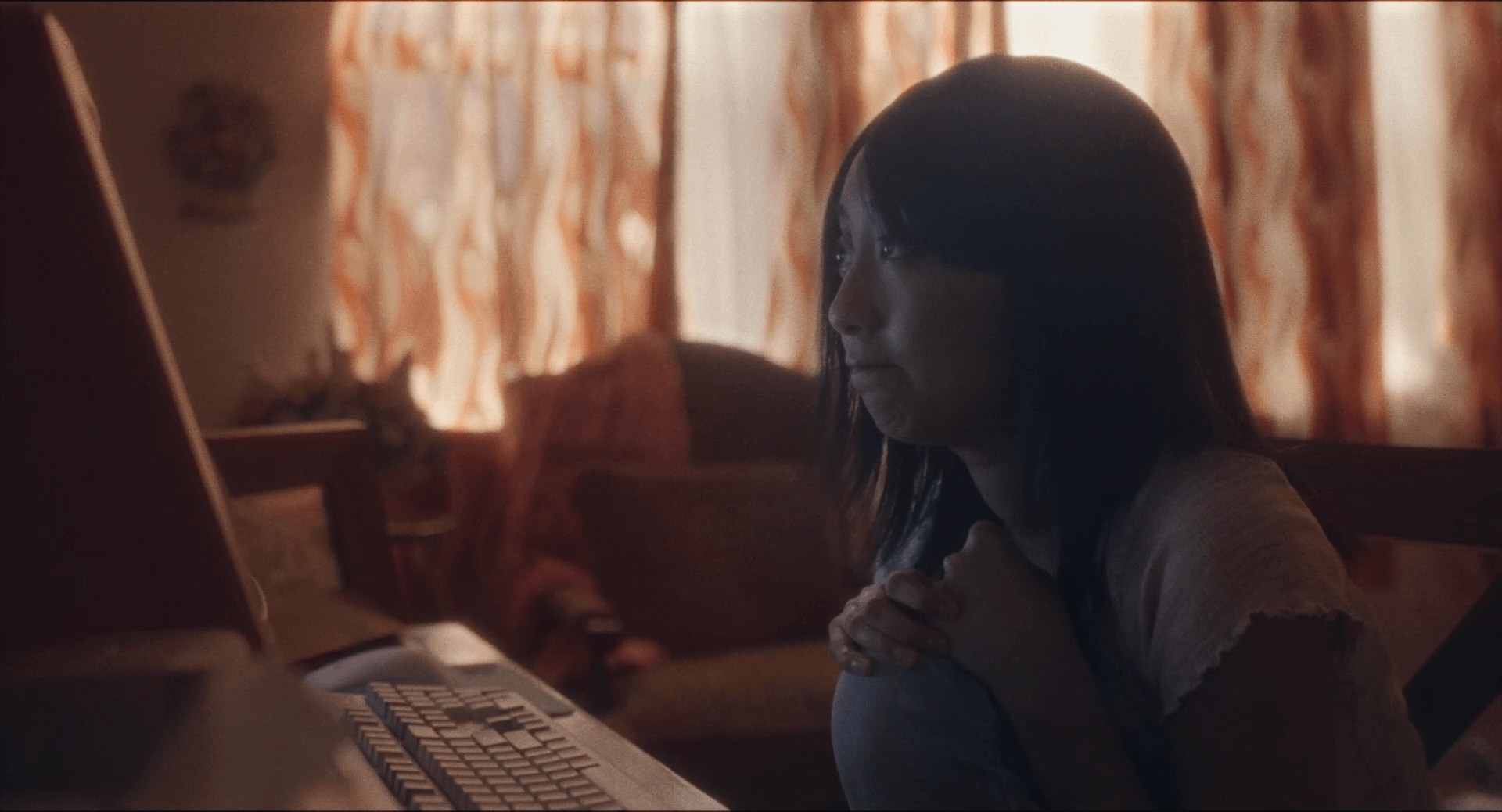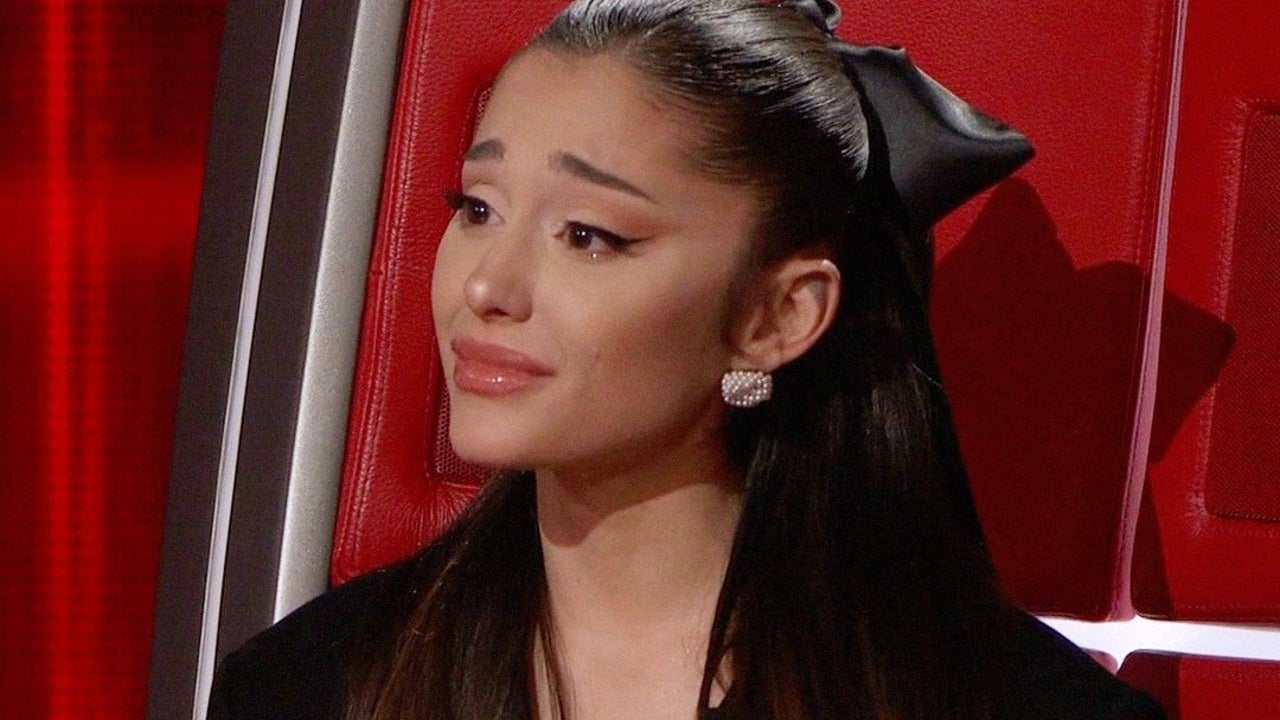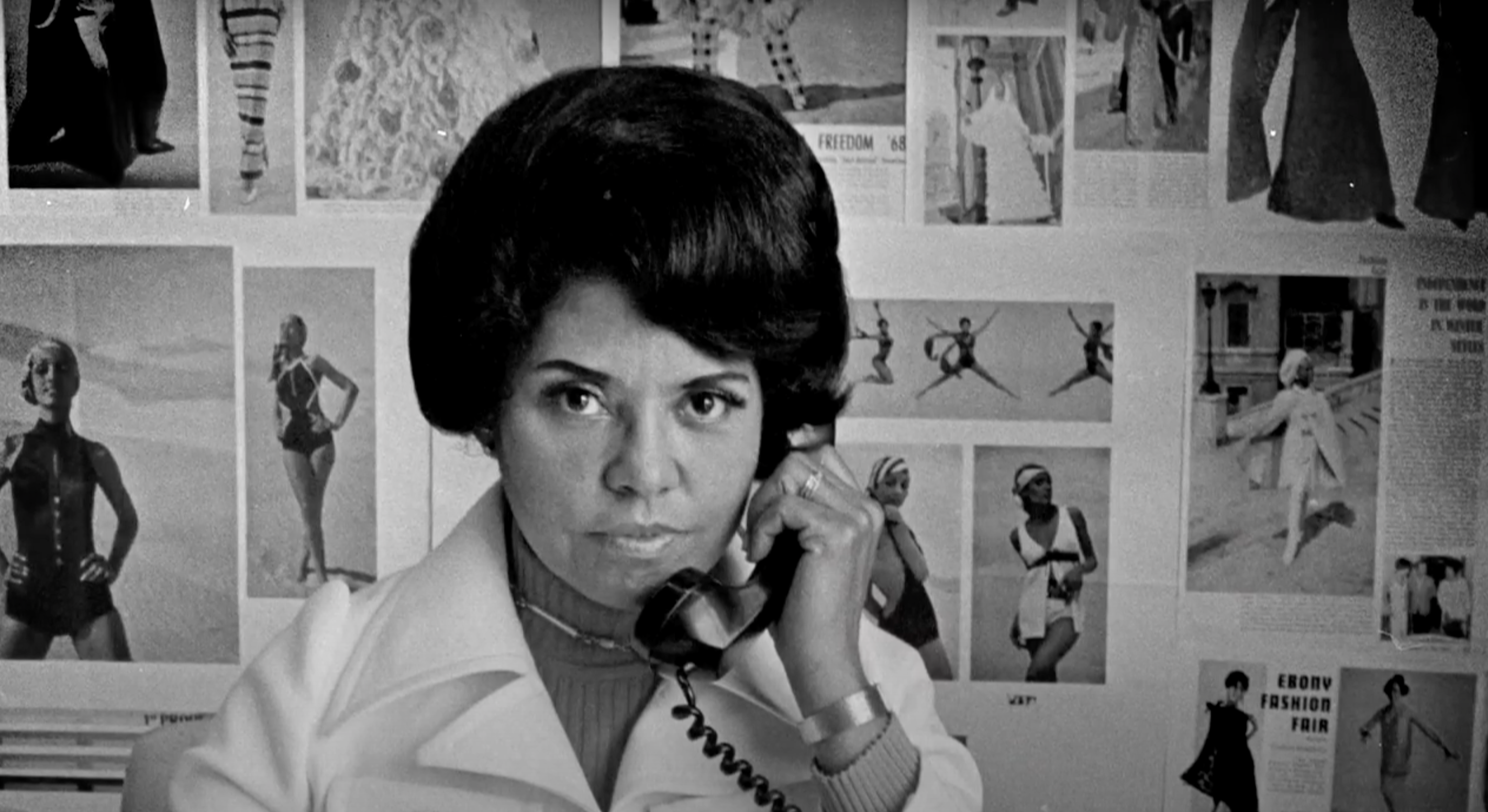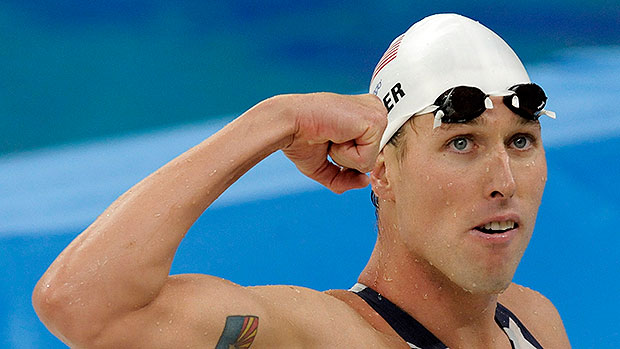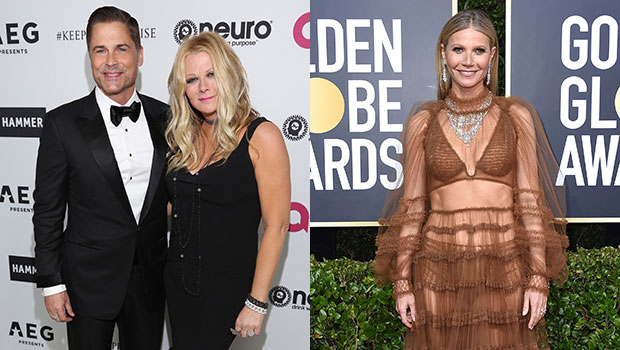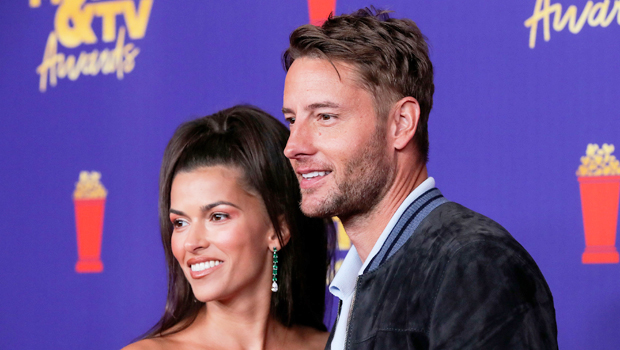Tribeca 2022 Women Directors: Meet Irene Taylor – “Leave No Trace”
Irene Taylor is a Peabody and Emmy-winning, Oscar-nominated director and producer whose documentaries have shown theatrically, at film festivals, and on television worldwide. Her most recent film, Moonlight Sonata: Deafness in Three Movements,” was nominated for Best Documentary at...

Irene Taylor is a Peabody and Emmy-winning, Oscar-nominated director and producer whose documentaries have shown theatrically, at film festivals, and on television worldwide. Her most recent film, Moonlight Sonata: Deafness in Three Movements,” was nominated for Best Documentary at the 2020 PrimeTime Emmy Awards, and for the Grand Jury Prize at the 2019 Sundance Film Festival. The film is about her deaf son, her deaf father, and Beethoven, who become deaf while writing his iconic “Moonlight Sonata.”
“Leave No Trace” is screening at the 2022 Tribeca Film Festival, which is taking place June 8-19.
W&H: Describe the film for us in your own words.
IT: This story is what happens when trust tragically collides with compulsion and greed.
W&H: What drew you to this story?
IT: I live in Portland, Oregon, where a 2011 legal case that went all the way to our state Supreme Court blew open a long-held secret the Boy Scouts had been keeping. The organization had been keeping meticulous files for 100 years on men they expected were sexually abusing their Scouts. Some of these men even confessed to abusing them. Either way, the Boy Scouts of America did little to change it.
My own sons were Boy Scouts for years — our family paid dues to the very same local council this case grew out of. I was torn. On the one hand, I felt indebted to the integrity of the Boy Scout’s historical mission. On the other, I was outraged — and suddenly realized my own boys had dodged a bullet. They were not abused. Unfortunately, scores of others in their council were not so lucky.
W&H: What do you want people to think about after they watch the film?
IT: Sadly, there have been many cautionary tales recently about abuse at the hands of our country’s most trusted institutions: The Church, organized sports, and the Ivory towers of our educational system.
I don’t want people to feel despondent — that abuse is simply a flaw of human nature, that we should resign ourselves to the prevalence of child abuse. What I want is for us to continue to scrutinize the narratives we all believe in, the societal narratives that make us lower our guard — and all that compels us to trust when we should not.
We should raise survivors of sexual abuse to a high level of societal respect. They tell us cautionary tales, and their courage to speak out against their abusers — and the institutions who protected those abusers — is what will compel change.
W&H: What was the biggest challenge in making the film?
IT: Being able to sleep at night [knowing] that this kind of abuse could happen on such an enormous scale.
Eighty-two thousand men, boys, and girls filed abuse claims in 2021 against the Boy Scouts. How many more are out there? The numbers are staggering, dwarfing any previous abuse scandals such as the Catholic Church.
Throughout history, the BSA has responded to abuse accusations with lies and a consistent lack of accountability. Their institutional policies lowered barriers to childhood sexual abuse and arguably attracted pedophiles. Some of their senior leaders — men earning six figures and enjoying cultural prominence — were even convicted of sexual crimes.
My films are not typically investigative in nature, but this story compelled me to take a new approach to filmmaking.
W&H: How did you get your film funded? Share some insights into how you got the film made.
IT: Out of the gate, my filmmaking partner — Pulitzer Prize-winning-writer Nigel Jaquiss– and I set out to investigate this story for six months before we took it to anyone. We worked like earthworms, moonlighting to find the heart of the story. We realized it was right under our nose, here in Oregon.
I leaned on the resources of my production company, Vermilion, and we started filming.
Sadly, survivors are everywhere — in all 50 states — but our guiding light was the fact that the Scouts’ bankruptcy is directly tied to our home state, to the outcome of the 2011 legal case Kerry Lewis V. Boy Scouts of America.
W&H: What inspired you to become a filmmaker?
IT: For me, it began in the darkroom as a photographer as a very little kid. I love images and observing the world around me.
More intrinsically, being the daughter of two deaf parents. I spent my early life translating what I could hear –and see — to them. It’s a kind of storytelling.
W&H: What’s the best and worst advice you’ve received?
IT: Haha. Probably that I wasn’t born with the “that’s good enough” gene. That I must accept I will always have that flame under my ass — to lose sleep before an important shoot, to do better, to not settle for less. That I must act on upon what seems obvious but is, simply put, not right.
W&H: What advice do you have for other women directors?
IT: Sometimes I embrace traditionally female sensibilities — collaboration, empathy, surrender — and there is nothing wrong with that. I think we could all lean into that more.
W&H: Name your favorite woman-directed film and why.
IT: Sorry, I’m not great at Top 10 lists, but I was seduced by Jane Campion’s “The Power of Dog” in every way.
W&H: How are you adjusting to life during the COVID-19 pandemic? Are you keeping creative, and if so, how?
IT: It has been hard on creative collaboration — I value directing face-to-face with my team more than concrete scripts and Zoom.
It is also hard to value anything in the wake of so much loss to our world — and all the loved ones we have lost.
W&H: The film industry has a long history of underrepresenting people of color onscreen and behind the scenes and reinforcing — and creating — negative stereotypes. What actions do you think need to be taken to make Hollywood and/or the doc world more inclusive?
IT: Honesty, frankness. More of it.

 Fransebas
Fransebas 







